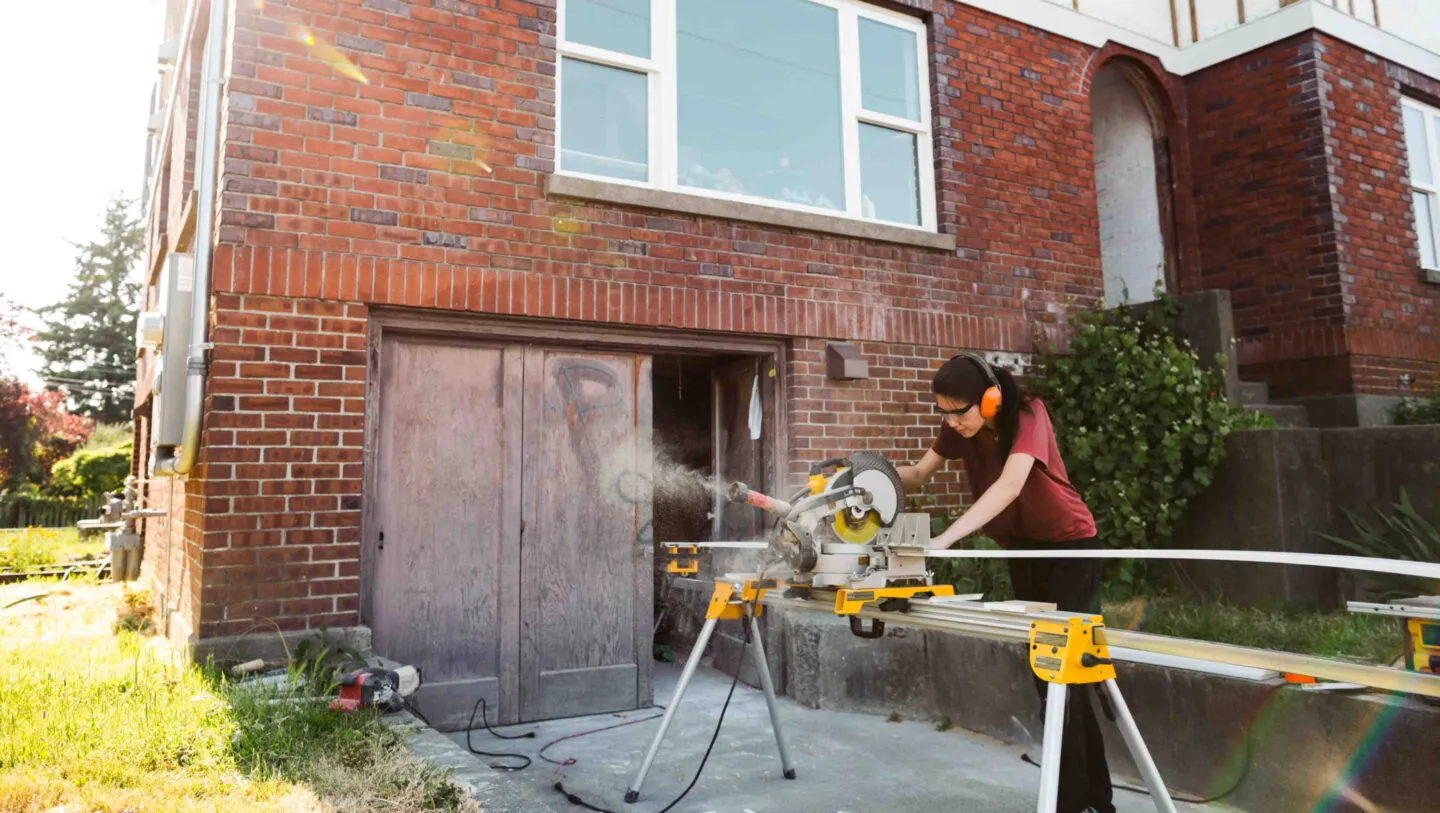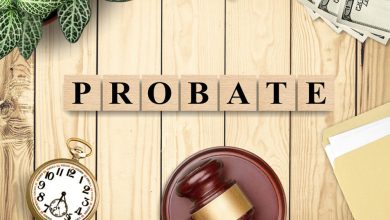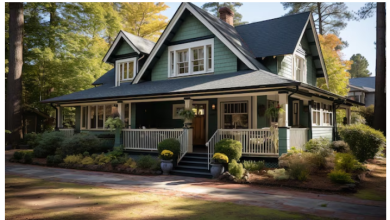The Best Way to Find, Afford, and Improve a Fixer-Upper

Fix-and-flip home remodeling TV series has contributed to the growing popularity of buying and refurbishing fixer-upper properties; nevertheless, not everyone is suited for large-scale renovation projects.
Purchasing the least desirable house on the block and managing its renovation is known as buying a fixer-upper. When purchasing a fixer-upper, there are several factors to take into account, including the cost of the property, the construction, and financing, depending on whether you’re looking at it as an investment and intend to sell once construction is over or whether you’re remodeling it to make it your own you need to get hold of top rated property consultants.
Do I want to purchase a fixer-upper house?
The main reason why individuals purchase fixer-upper properties is that the overall cost of the purchase plus renovations may be cheaper than what they would spend for a comparable, well-maintained property.
Here are a few main factors that influence a buyer’s decision to purchase a fixer-upper:
Price reduction
You can find a better deal buying a fixer-upper in your preferred area and remodeling it rather than buying an already-updated home if you have your eye on a popular neighborhood, either for your own lifestyle or for resale potential.
Adjustable enhancements
Regarding fixtures and finishes, the options are endless when buying a fixer-upper—as long as they stay within your budget, of course. For purchasers who have very specific tastes or who want more control over their home’s appearance, renovating a fixer-upper can be excellent. You can avoid paying for renovations that someone else completed when you purchase a fixer-upper, especially if you don’t like them.
Vintage house charm
Older homes have a certain charm that is difficult to recreate. Purchasing an older house that needs renovations will enable you to preserve and restore historical aspects.
Make a living
Depending on the improvements you make, you might be able to make a healthy profit whether you want to flip the house or stay in it for a few years before selling. The types of renovations you undertake, the materials you use, and the caliber of the job will all affect your return on investment. If making a profit is the main objective, choose popular home upgrades in your neighborhood to raise the value of your property and draw in a diverse range of purchasers.
How to find fixer-upper properties
The key to finding the ideal fixer-upper is knowing where to search. These are some methods for locating the ideal house.
Right terms: Use search terms like “needs work,” “fixer-upper,” or “TLC” to focus on certain properties. Also, the locality’s top-rated property consultants can help you locate the right property
Work with a buyer’s agent: A buyer’s agent in your area should be able to assist you in locating fixer-upper properties in the communities of your choice. Through word of mouth, well-connected agents could even be able to show you houses that haven’t even been listed for sale.
Look up short sales, foreclosures, and auctions: Even if a distressed property’s structure is sound, it may be sold for less than its market worth in order to be cleared out swiftly. Remember that these properties are typically sold “as is,” meaning that disclosures may not be provided. Make sure you budget extra for unforeseen costs.
How to improve a fixer-upper property
Purchasing a house that needs renovations might be dangerous since you won’t be able to fully assess its condition until you begin pulling down walls. It is crucial to conduct thorough research on the property and surrounding area in advance for this reason.
Obtain a qualified home assessment
A contingency for inspections should always be included in an offer for a residence. If the inspection uncovers significant concealed flaws in the house, you have the option to pull out of the agreement and receive your earnest money deposit returned.
It is possible to check even properties that are advertised as being in “as-is condition”; the only distinction is that with an as-is home, the seller is expressing their desire for you to not
Engage a general contractor and architect.
An architect may design a new floor plan for your house, produce drawings and plans, and advise you on what is and isn’t feasible. An architect is required in certain cities where obtaining a dwelling permit requires submitting architectural blueprints. Depending on the size of your project, an architect can cost anywhere from $5,000 to $5,000 on average.
Amount allotted for upgrades
Make sure, in collaboration with your contractor, that your budget accounts for all relevant expenses. Remember to include permit costs, if relevant such as the price of supplies, such as paint, flooring, lighting, countertops, cabinets, and hardware.




